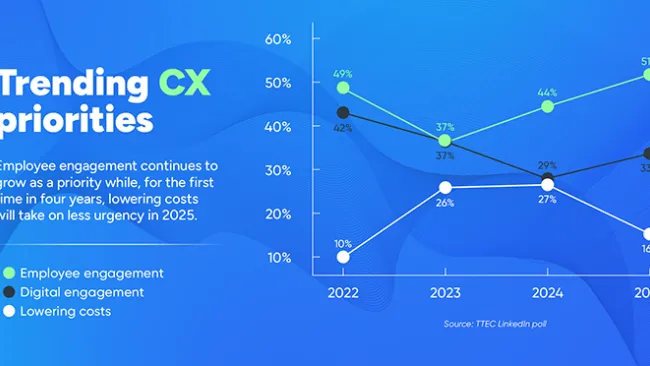Maintaining healthy employee relations is a pre-requisite for organizational success. But a 2013 Robert Half survey found that nearly 89 percent of financial services executives surveyed globally found it either 'challenging' or 'very challenging' to find skilled financial services professionals. The survey also showed that 83 percent of institutions are ‘concerned’ about losing top performers to other opportunities.
Many financial institutions are now turning to recruitment process outsourcing (RPO) to help solve these challenges and improve new hire quality and diversity while increasing employee retention rates. By embracing RPO, financial firms are finding they can reach new levels of enterprise productivity, efficiency, and customer experience. Here are five factors that demonstrate RPO’s advantages within the financial services industry:
- Improve the quality of new hires. RPO providers enable financial institutions to screen potential employees by using an on-site delivery team that identifies, screens, and scrutinizes candidates to ensure client needs are being met. Each prospect must support the organization’s overarching mission, as they often serve as the face of the company. Providers amass these best practices from client engagements across numerous industries in order to offer world-class recruitment and onboarding processes that lead to high-grade hires.
- Develop a deeper, more culturally diverse talent pool. By recruiting employees who exhibit the right blend of knowledge and cultural skills, financial institutions are able to expand into new markets and target emerging economies with an added level of client engagement and employee expertise. Diving into this broader talent pool also allows financial services companies to minimize the risk of exhausting their restricted supply of talent, ultimately strengthening their existing teams with the fresh perspectives of masterful, experienced new hires.
- Raise the success rate of employee training programs. RPO providers usually take the structured route when it comes to employee training processes. Professionals regularly offer online and classroom training to boost employee skills, typically focusing on communication, presentation, negotiation, and time management competencies. Of course, all training sessions depend upon each individual employee’s role within the institution and the opportunities for improvement, as previously identified. Best practice examples demonstrate that this disciplined approach to employee training commonly leads to consistent workforce performance gains.
- Mitigate risk of fraud through extensive employee background checks. To screen and eliminate questionable candidates, financial institutions must conduct extensive background checks on all applicants. RPO providers will thoroughly review criminal records, credit reports, education and employment verification, while also ensuring that no arrests have occurred since their time of employment. Personality tests and other assessments may also be conducted to gauge every candidate’s likelihood to partake in fraudulent activities upon hiring.
- Increase employee retention rates. On average, half of all hourly employees leave their new jobs within the first 120 days. Thus, well-conceived onboarding strategies can provide new employees with the right guidance, tools, and training necessary to properly adjust to their new work environment successfully, thereby strengthening employee satisfaction. Financial institutions will also want to ease these new hires into the workplace to gain their confidence and facilitate an air of achievement and engagement. RPOs, in addition, must be measured and incented for their employee retention efforts.
No matter the strategy, financial firms must guarantee that all employees are trustworthy and dedicated, as they have access to sensitive customer data. Front-line employees must also understand and exude the organization’s overall philosophy and mission, as they have the ability to make or break the customer relationship. RPO providers offer an efficient, effective way to ensure all new hires meet these quality standards so they may provide the most satisfying consumer experience possible.















